Question And Answer
Publications
Articles, publications, books, tools and multimedia features from the U.S. Institute of Peace provide the latest news, analysis, research findings, practitioner guides and reports, all related to the conflict zones and issues that are at the center of the Institute’s work to prevent and reduce violent conflict.
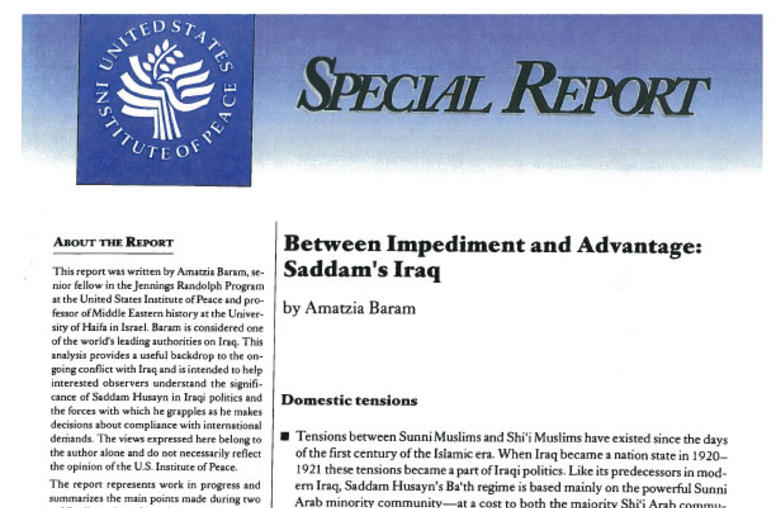
Between Impediment and Advantage: Saddam's Iraq
The report represents work in progress and summarizes the main points made during two public discussions about the nature of domestic politics in Iraq under Saddam. This analysis provides a useful backdrop to the ongoing conflict with Iraq and is intended to help interested observers understand the significance of Saddam Hussain in Iraqi politics and the forces with which he grapples as he makes decisions about compliance with international demands.
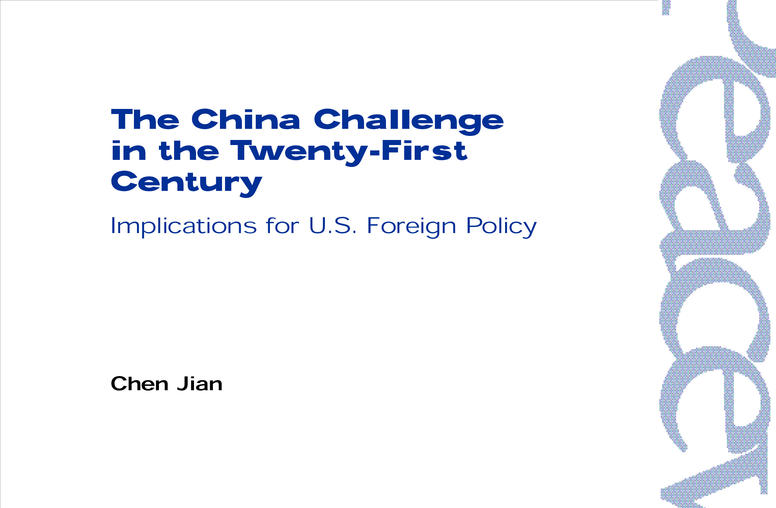
The China Challenge in the Twenty-First Century: Implications for U.S. Foreign Policy
Despite Asia's current financial crisis, China's rapid economic growth raises the question of whether or not it will emerge as a dominant regional power, or even a hegemonic world power, in the twenty-first century. For many in the West and in China's neighboring countries, this prospect is very troublesome.
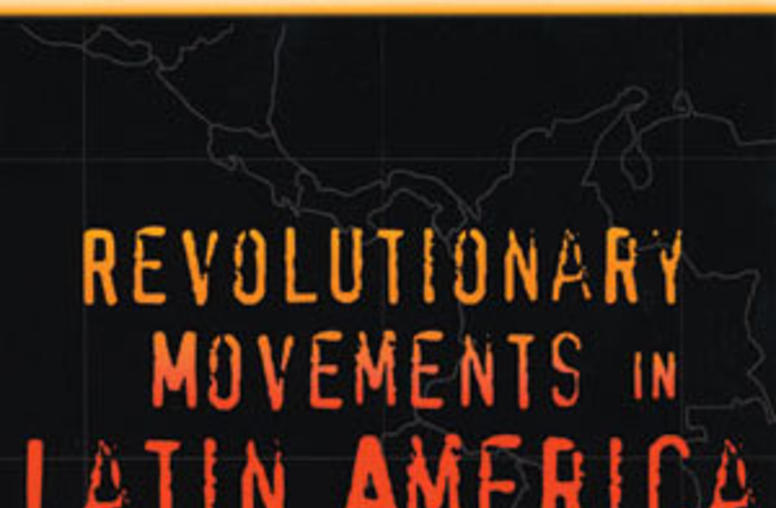
Revolutionary Movements in Latin America
The author examines the complex interplay among political and economic factors, the nature of the revolutionary organization, and international actors. The end of the Cold War does not mean the end of revolutionary groups, and that the United States can play an important role in determining the outcome of future confrontations.
1997-1998 National Winning Essay
Tim Shenk Eastern Mennonite High School Harrisonburg, VA Coordinator: Elwood Yoder How Should Nations Be Reconciled? The challenge of achieving national reconciliation is an issue of great importance, particularly in the nations of Bosnia-Herzegovina and South Africa. Both of these countries have in recent years experienced brutal violations of human rights; the evils of apartheid and "ethnic cleansing" have divided the populations on racial or ethnic lines. How should these nations r...
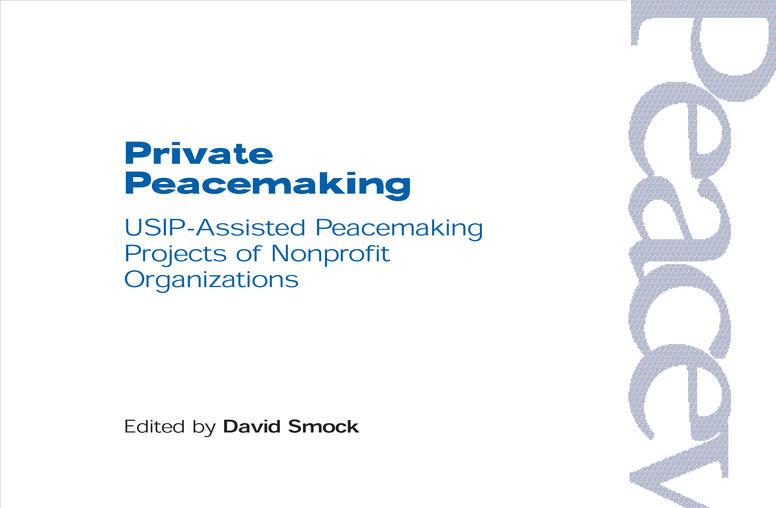
Private Peacemaking: USIP-Assisted Peacemaking Projects of Nonprofit Organizations
The peacemaking activities described here have been targeted on conflicts in East Timor, the Middle East, Georgia and South Ossetia, the Transcaucasus, Sri Lanka, Northern Ireland, Algeria, Kosovo, and Bosnia. These projects have generally been pathbreaking in that new techniques and approaches to peacemaking have been employed. Several have generated valuable experiences with wide application, dramatically demonstrating how effective private organizations can be in promoting peace
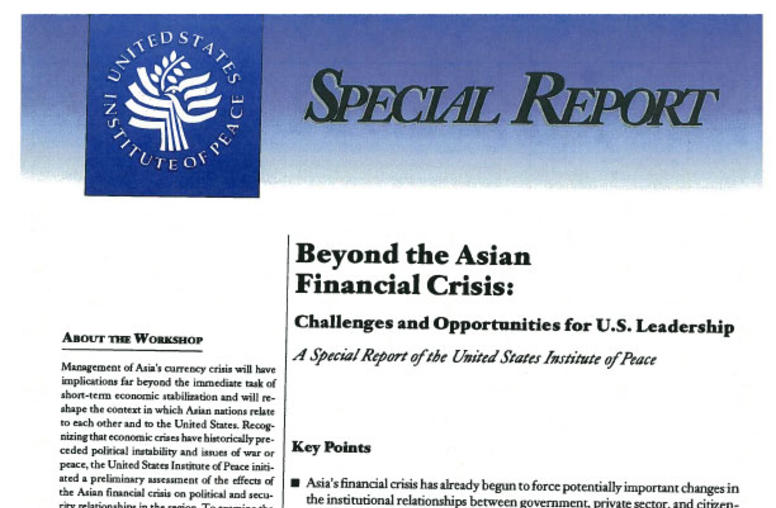
Beyond The Asian Financial Crisis: Challenges and Opportunities for U.S. Leadership
Following two decades of rapid growth, social change, and industrialization, the countries of the East Asian region are experiencing their first regionwide economic crisis. The immediate economic causes of Asia's financial crisis--especially unsustainable short-term foreign debt incurred by the private sector and exposed by the sudden devaluation of overvalued local currencies--have been identified. The challenges for U.S. leadership in response to the region's current financial crisis are to...
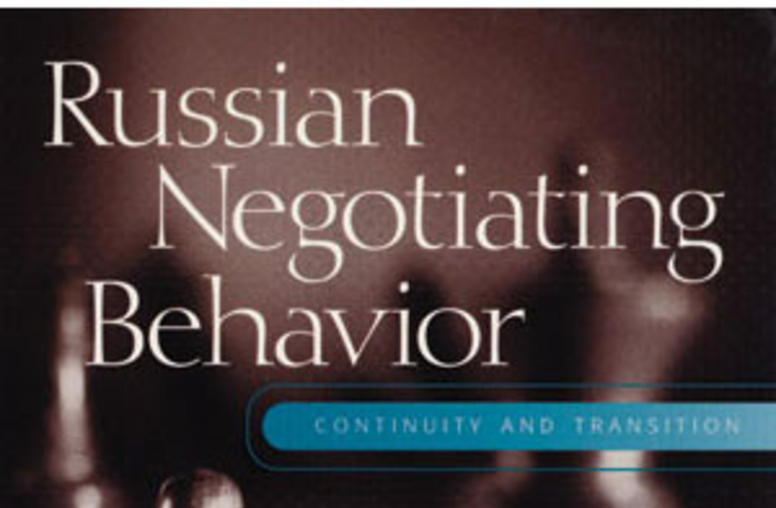
Russian Negotiating Behavior
Whether bargaining for strategic arms reductions, rights to drill Siberian oil fields, or an apartment in Moscow, Americans are faced across the table by a distinct Russian negotiating style.
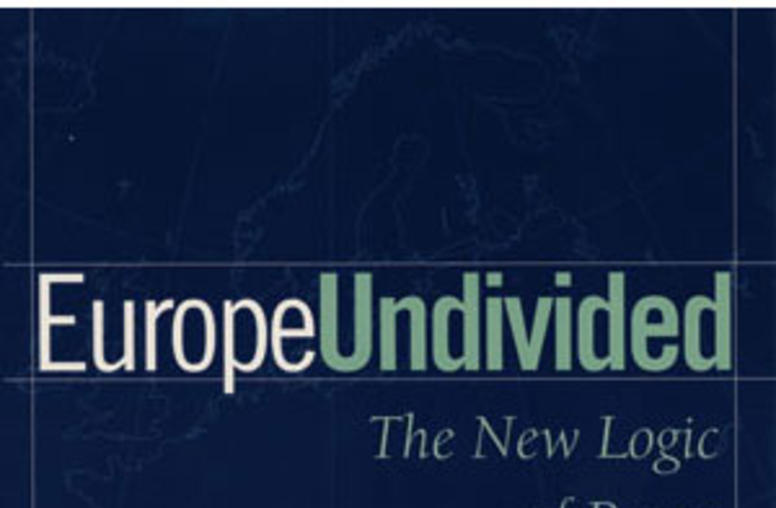
Europe Undivided
Can Russia and the United States really move beyond their bitter Cold War rivalry to a genuinely cooperative relationship?
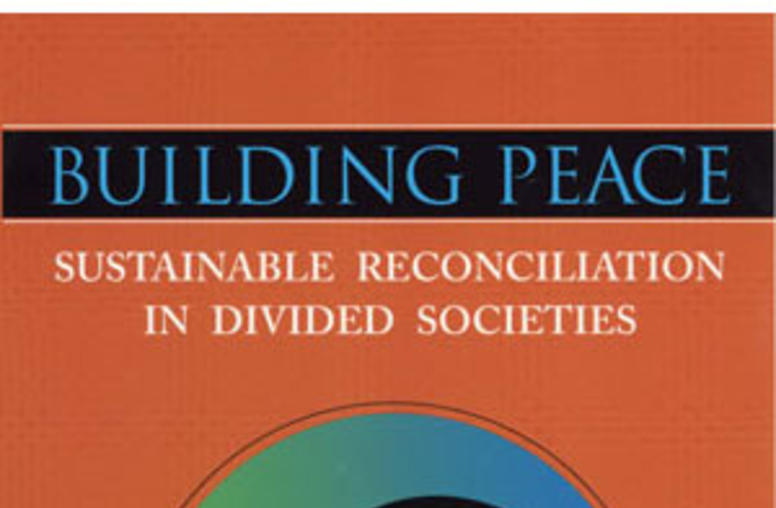
Building Peace
The volume explores the dynamics of contemporary conflict and presents an integrated framework for peacebuilding in which structure, process, resources, training, and evaluation are coordinated in an attempt to transform the conflict and effect reconciliation
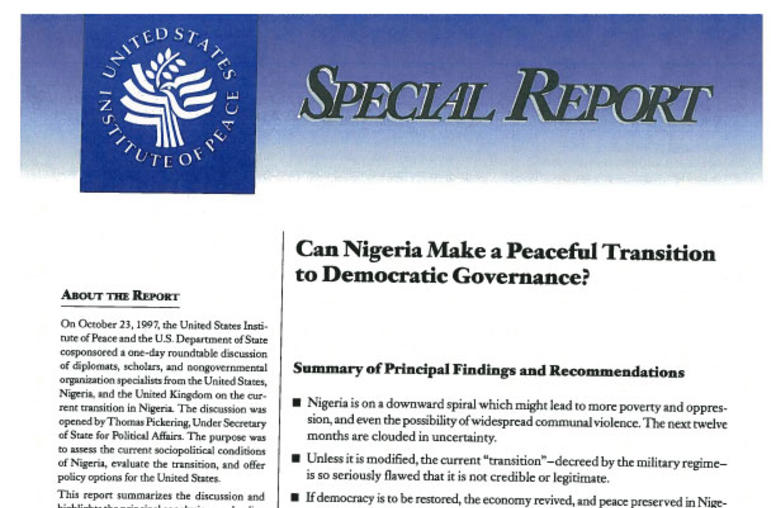
Can Nigeria Make a Peaceful Transition to Democratic Governance?
On October 23, 1997, the United States Institute of Peace and the U.S. Department of State cosponsored a one-day roundtable discussion of diplomats, scholars, and nongovernmental organization specialists from the United States, Nigeria, and the United Kingdom on the current transition in Nigeria. The purpose was to assess the current sociopolitical conditions of Nigeria, evaluate the transition, and offer policy options for the United States.